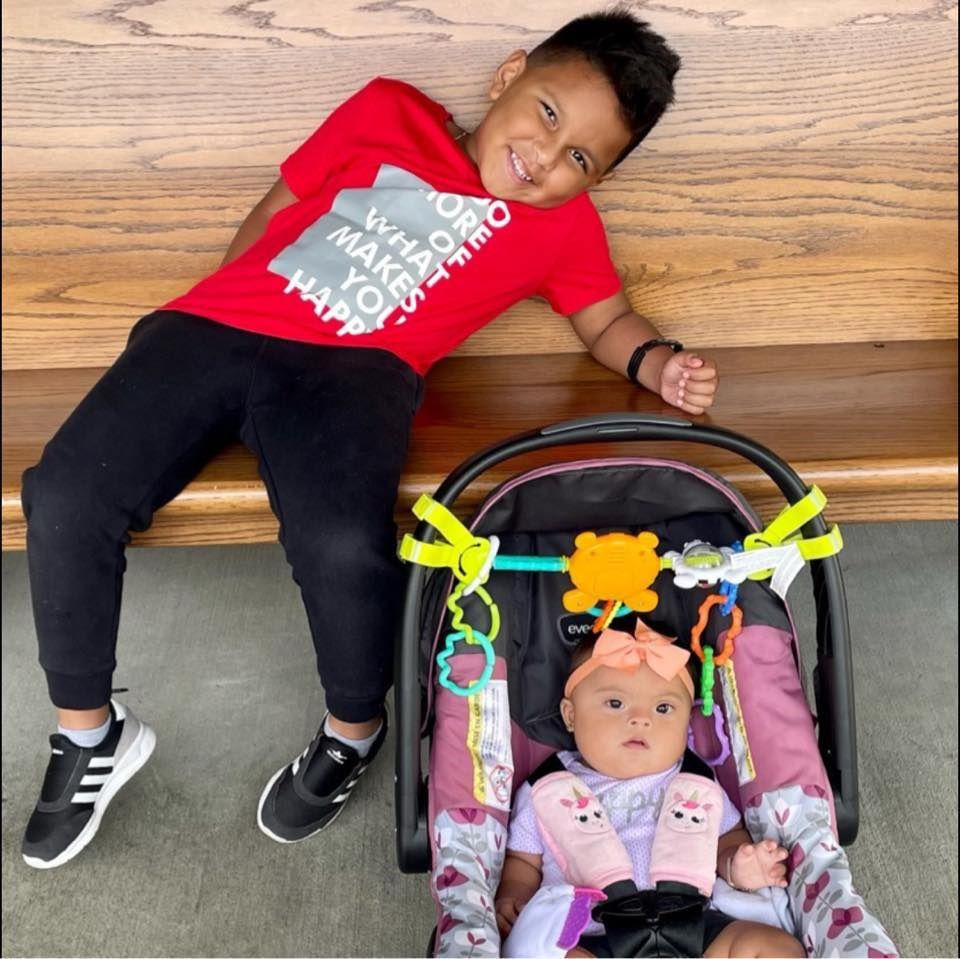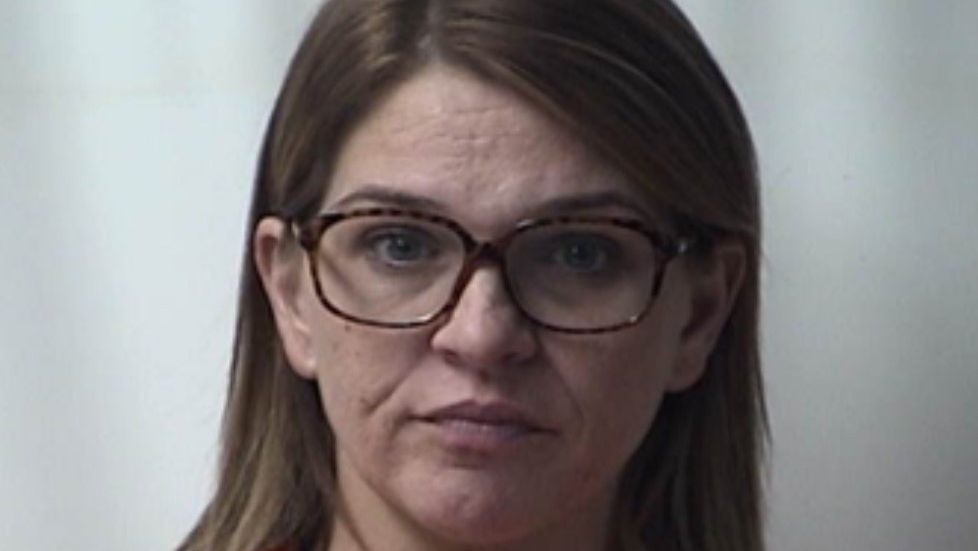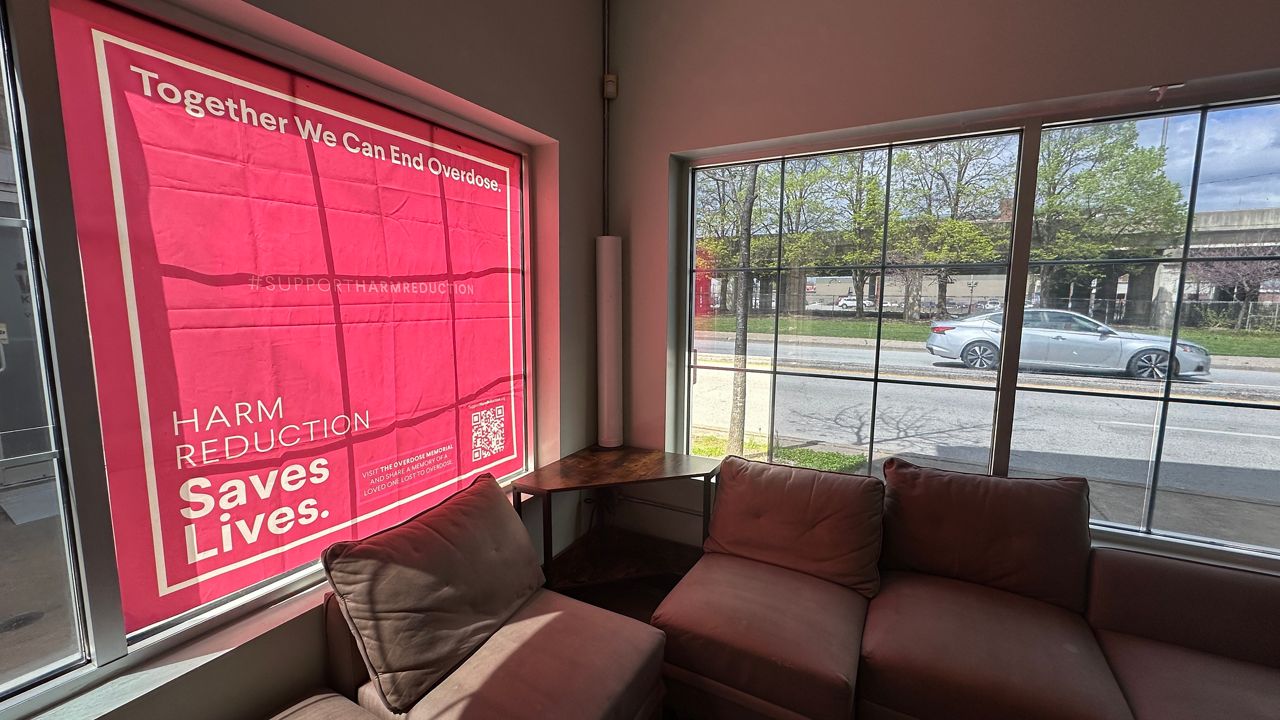LOUISVILLE, Ky. — Most people feared getting a positive test result from the hospital during the pandemic. Leslie Ardon was shocked when she got a positive pregnancy test.
Her eight-month-old Melany can make her smile without even trying.
Ardon has always wanted a daughter, but the day she found out her son would be a big brother to a little girl Ardon thought her world had been flipped upside down.
“Finally my dream came true finally but she got Down syndrome. To be honest, I don't know how I drove from here to my home, because I was crying, shaking like what's gonna happen next,” says Ardon.

She was only in her second trimester when the prenatal genetic disorder tests were done.
About 6,000 or 1 in 7000 babies are born with Down syndrome each year according to the CDC.
“When I hear Down syndrome I was like my baby's going to die because I don't know nothing about it,” says Ardon.
With support and answers from the team at UofL Hospital, she wiped away her tears and fears.
She was able to use the early diagnosis to know what to prepare for after birth.
Dr. Edward Miller who specializes in high-risk pregnancies including risks of genetic disorders was cheering her on along the way.
“Once a woman comes back high risk for one of these conditions we then offer them what we call diagnostic testing which in this case was an amniocentesis. It's a procedure where we take a small needle, pass it through the mom's abdomen into the uterine cavity, and we take the fluid that surrounding the baby,” says Miller. “Babies are basically swimming in a big pool and their skin cells, as a big pool kind of get dry and slough off, we actually take those skin cells from the fluid, grow them under a microscope,” says Miller.
Dr. Miller says the chances of experiencing complications from genetic disorder diagnostic testing, like amniocentesis in Ardon’s case, are less than 1%, but they can help doctors determine a baby’s genetic DNA makeup with 99%.
There are some things Dr. Miller suggests mothers who are concerned about the procedure to ask.
“The questions you want to ask is how often are your providers doing these procedures, and if that's the case your providers are doing them frequently like we are here at UofL, our success rates and our complication rates are even lower than national averages,” says Miller.
Finding out about babies’ conditions can be helpful for expecting moms.
“It's different than what you were expecting, but that's what life is about. It's about differences, and she's one of the most important members of your family now. She's perfect and that's what we said all over, she is going to be perfect for you,” says Dr. Miller.
Those are words that comforted the concerned mother.
Dr. Miller was able to meet Melany and tell her those same words he told her mother.
“I knew that when I met her I was going to be able to give her a baby that she was going to take home and I knew that this day was going to come this day when she's holding her and loving her and couldn't imagine life without her,” says Miller.
He didn’t need to run any test to prove that
“I love my baby and that's my princess for me, the most beautiful baby in the world and she’s doing good, she's healthy, she's healthy, she's really healthy,” says Ardon. “It's just extra chromosome, that's it.”
Ardon said Melany has perfected saying “Da Da” but she is still working on saying “Ma Ma.”










